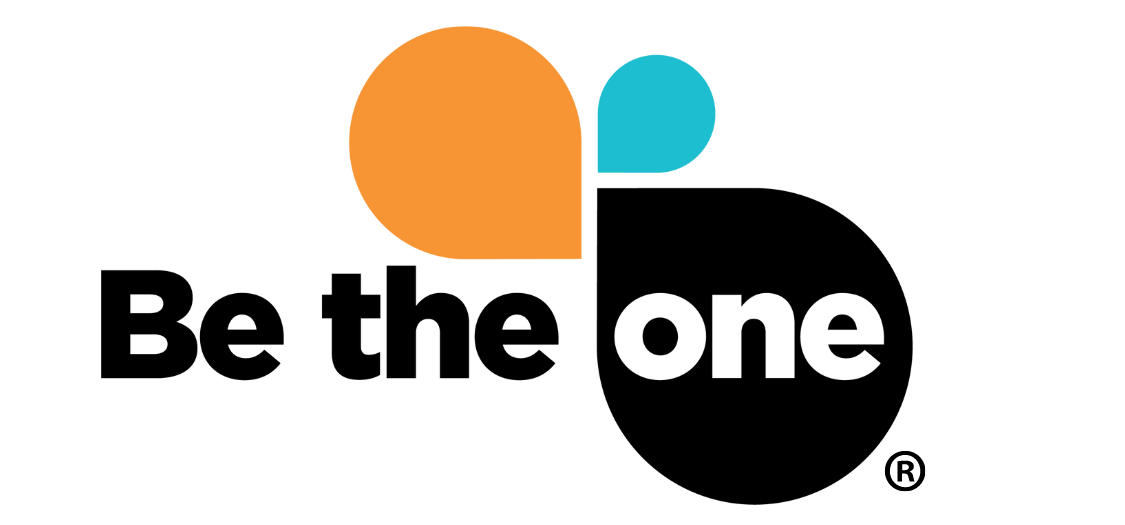Mr. Freedman, the founder of Encore.org and co-founder of Experience Corps, both dedicated to helping older adults find purpose later in life, calls himself a social entrepreneur. Asked what it takes to be a mentor, he said succinctly, “Showing up and shutting up: Being consistent and listening. You don’t have to be a charismatic superhero. You don’t need an advanced degree. It’s more about the relationship than imparting sage advice. The key is not being interesting. The real key is being interested — being present and paying attention.”
“Older people are uniquely suited for a mentoring role,” he said in an interview. “The critical skills for nurturing relationships — emotional regulation and empathy — blossom as we age.”
“The real fountain of youth is the fountain with youth,” Mr. Freedman said. “It’s spending less time focused on being young and more time focused on being there for the next generation.” As the developmental psychologist and psychoanalyst Erik Erikson said nearly 70 years ago, “I am what survives me.”
Major long-term studies have demonstrated the incomparable value of such a personal investment to the health of older people.
Dr. George Vaillant, psychiatrist and professor at Harvard Medical School, who led the study for four decades, reported in his book “Aging Well” that middle-aged and older people who invested in the well-being of the next generation were three times as likely to be happy as those who didn’t make such an effort. They also lived longer.
Excerpts from article—“Want to Leave a Legacy? Be a Mentor” by Jane Brody, Personal Health Columnist, Published in the New York Times on March 4, 2019

